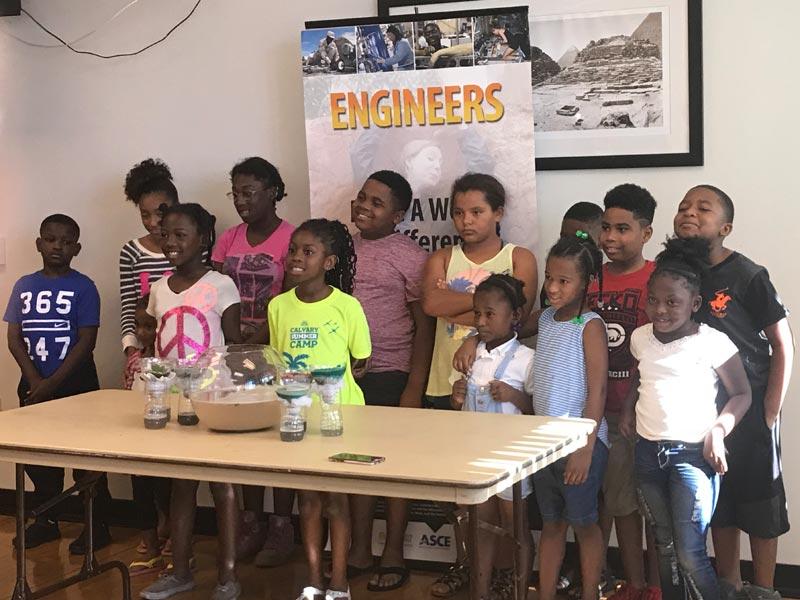Embodied Interactive Environment for Advancing Data Sensing and Computational Thinking Skills in the Built Environment
As the construction industry gears toward adopting data sensing technologies, there is a demand for creating and sustaining a workforce with skills for implementing the technologies and analyzing the resulting data to support decision-making. It is also essential to improve awareness of this Science, Technology, Engineering, and Mathematics (STEM) career option among all K-12 students, develop their understanding of the applications of data sensing technologies and improve their computational thinking skills in manipulating and using data.
